-
Okays ₦142bn for bus terminals in six geo-political zones
-
FG orders MDAs to end 2024 procurement by September
From Juliana Taiwo-Obalonye, Abuja
The federal government on Wednesday gave the green light for a ₦13 billion allocation dedicated to right-of-way compensation for the Lagos Industrial Transmission Project. In addition, it has approved $34 million towards the purchase and installation of high-capacity transformers to strengthen the country’s ageing national electricity grid infrastructure.
Minister of Power, Adebayo Adelabu, revealed these developments to State House correspondents following the Federal Executive Council (FEC) meeting convened and chaired by President Bola Tinubu at the Presidential Villa in Abuja.
According to Minister Adelabu, these budgetary approvals form a critical component of the administration’s revitalised agenda to refurbish Nigeria’s power transmission framework, ensuring enhanced reliability of electricity supply amid rising demand.
He elaborated, “The ₦13 billion will be utilised to compensate property owners and communities affected by the transmission line routes under the Lagos Industrial Transmission Project, which is being financed by a $238 million development loan from the Japan International Cooperation Agency (JICA). This project aims to bolster power supply to major industrial clusters in Lagos, which contribute significantly to Nigeria’s manufacturing output.”
The power minister further emphasised the project’s importance, stating, “Once completed, it will guarantee that our industrial estates receive dedicated and stable electricity, which is essential in driving economic growth and generating employment opportunities.”
On the transformer upgrade initiative, Adelabu disclosed a comprehensive funding plan involving $34 million alongside an additional ₦5.2 billion allocated to cover associated costs. This will finance the procurement and deployment of critical transformer units designed to replace outdated and overloaded equipment on the national grid.
Specifically, the upgrade includes: two units of 150MVA 330/132kV transformers, three units of 100MVA 132/33kV transformers, five units of 60MVA 132/33kV transformers, and two units of 30MVA 132/33kV transformers.
“These transformers will be positioned strategically across the network to alleviate pressure on overloaded substations, improve voltage stability, and accommodate the new transmission capacity that is currently being developed,” Minister Adelabu explained.
Highlighting a key challenge, he described the national grid as largely antiquated, with infrastructure components running for over five decades. He said, “Numerous transformers, cables, and related parts have grown weak and prone to failure. It is imperative that we institute routine maintenance and timely replacements to maintain a stable and dependable grid that meets the needs of households, offices, small businesses, and industries.”
The minister characterised these latest approvals as significant strides in the Tinubu-led federal government’s broader power sector reform strategy. This agenda is aimed at removing transmission bottlenecks, minimising system collapses, and establishing a foundation for sustainable economic development through reliable electricity access.
In other major decisions, the Council sanctioned ₦142,028,576,008.17 for the construction of state-of-the-art bus terminals in Nigeria’s six geo-political zones, Minister of Transportation, Sa’idu Alkali, disclosed at the briefing.
The contract was awarded to Messrs Planet Project Limited to construct terminals in the following locations: Abeokuta (South-West), Gombe (North-East), Kano (North-West), Lokoja (North-Central), Onitsha (South-East), and Ewu in Edo State (South-South).
Minister Alkali described this intervention as the first direct federal government investment targeting road transport infrastructure outside of road construction projects. He stated, “Despite the significant role road transportation plays in Nigeria, there are virtually no purpose-built bus terminals designed to serve millions of commuters adequately. This surgical gap has contributed to increased crime rates, higher incidences of road traffic accidents, and a worrying rise in the proliferation of arms and ammunition across major highways.”
The minister further explained the motivation behind the initiative: “This programme was conceptualised within the Ministry of Transportation to enhance road safety, improve the comfort of passengers, and boost economic activities in these regions. After thorough evaluation, the proposal was presented to President Tinubu and the Federal Executive Council for approval, given its potential to positively impact national transportation and security.”
The Council also issued a directive for all Ministries, Departments, and Agencies (MDAs) still engaged in procurement for the 2024 fiscal year to complete their procurement activities by the end of September 2025.
This instruction was conveyed through a brief from the Director-General of the Bureau of Public Procurement (BPP) to President Tinubu, a summary of which was read out by the Minister of Information, Mohammed Idris, during the post-Council press briefing.
According to the brief, over 70 MDAs have not yet finalised procurement processes for their 2024 projects despite the budget year officially ending in December 2024. While the procurement period had been extended to allow full implementation, the BPP cautioned that the delay—now more than 20 months since budget passage—could expose the government to avoidable financial liabilities.
The BPP also urged President Tinubu to seek a full overview of all projects awarded by ministers and their ministries. To facilitate this, ministries and their parastatals are required to submit detailed lists of projects for both the 2024 and 2025 fiscal years for presidential review, in accordance with a circular issued by the Secretary to the Government of the Federation (SGF) on project reporting.
Reinforcing the administration’s “Nigeria First” policy, the brief stressed that MDAs must prioritise the usage of locally produced goods and services across all projects, provided these products meet international quality standards and receive certification from relevant government bodies.
The BPP, in partnership with the Central Results Delivery Coordination Unit, will monitor compliance rigorously and report findings directly to the Presidency for necessary actions.
Looking toward the 2025 budget cycle, the BPP recommended that a significant proportion of projects be acquired via an Open Competitive Bidding process to stimulate job creation and alleviate poverty.
Lastly, the BPP underscored the importance of including its Director-General in all teams negotiating bilateral loans for infrastructure projects to ensure procurement decisions and costings are informed by professional expertise.
It also expressed concern about the non-compliance of some government-affiliated companies and enterprises with the Public Procurement Act—an issue persisting despite the mandates of the Finance Act 2020—warning that such breaches have led to financial mismanagement and must be strictly rectified to align with legal standards.



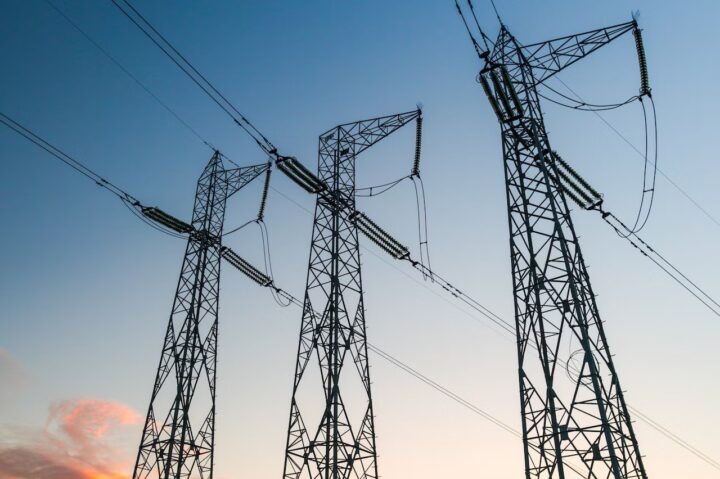


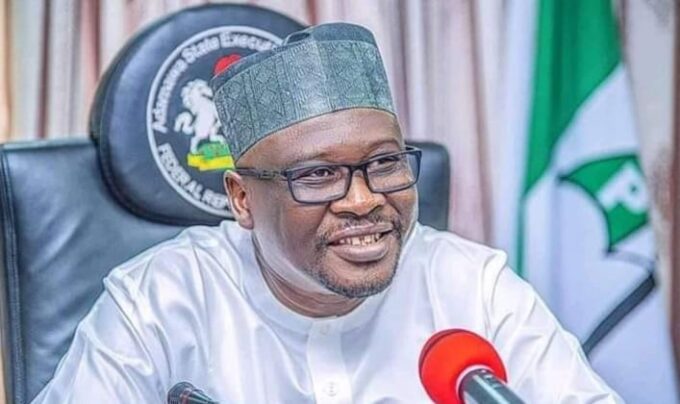


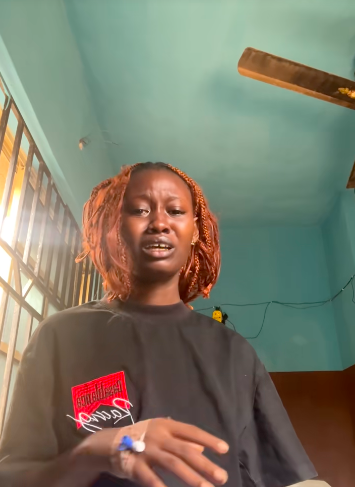
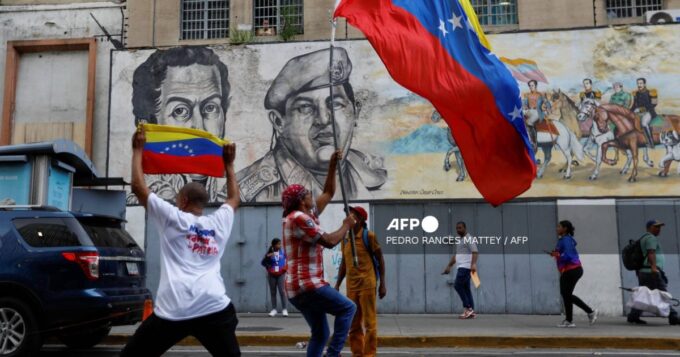
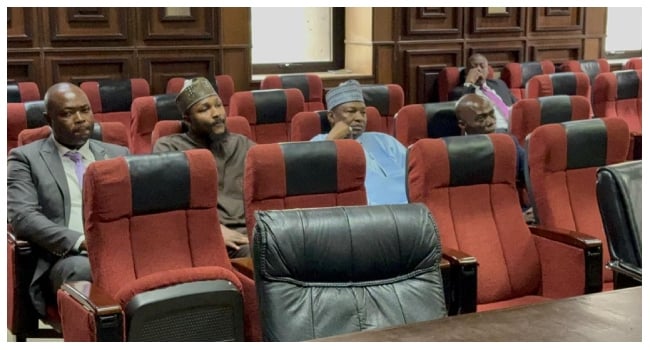




Leave a comment